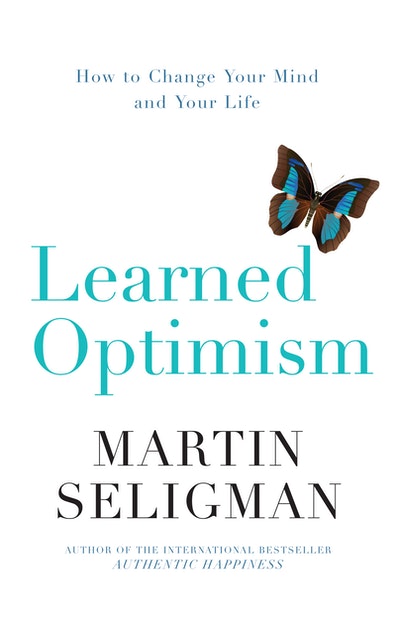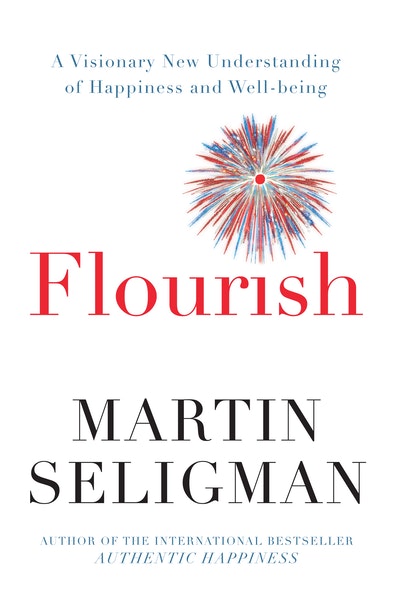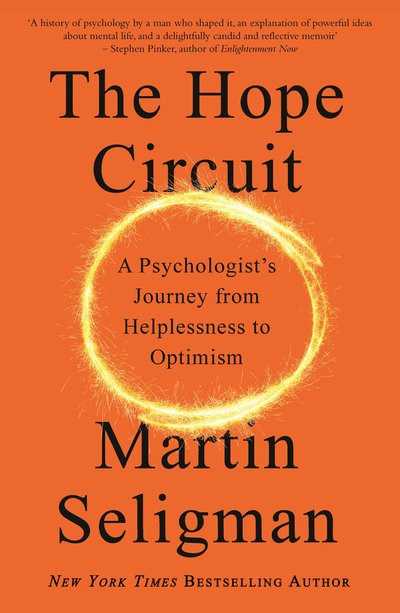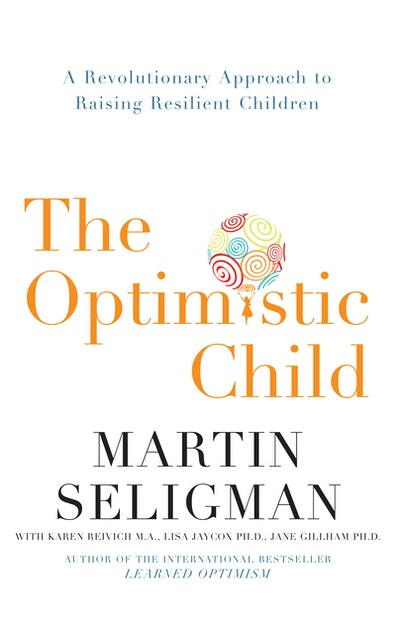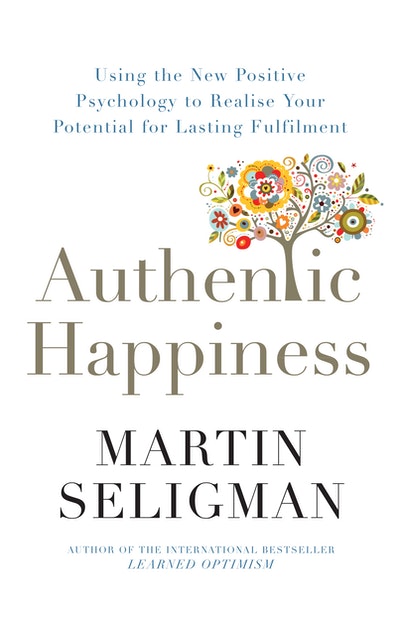[]
Learned Optimism
Formats & editions
Buy from…
- Published: 2 May 2011
- ISBN: 9781742744926
- Imprint: Random House Australia
- Format: EBook
- Pages: 336
Learned Optimism is a marvellous achievement. It blends hard-edged science with practical advice to give us an understanding of how we hold ourselves back and how we can change for the better.
Wayne W. Dyer, author of Your Erroneous Zones.
Australians have often suffered from the tendency to think that every silver lining has a cloud. This ground-breaking book offers some valuable insights into the ways we teach those habits to our children. Seligman proposes some useful ways of thinking (rather than simply feeling) about negative experiences so that we begin to see them in a new light and break the destructIve cycle of pessimism.
Hugh Macaky, Social Psychologist and author of What Makes Us Tick? : The Ten Desires That Drive Us.
